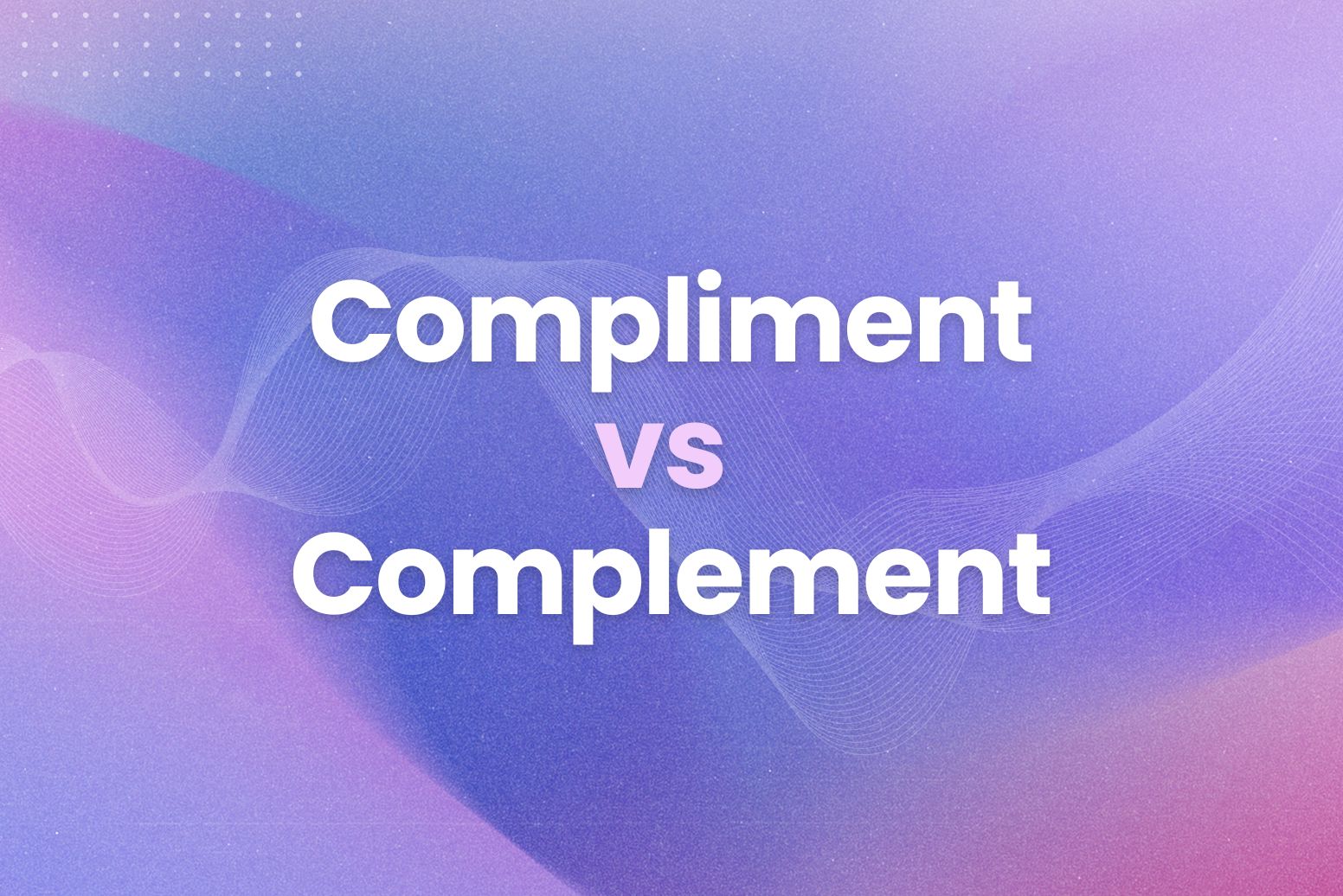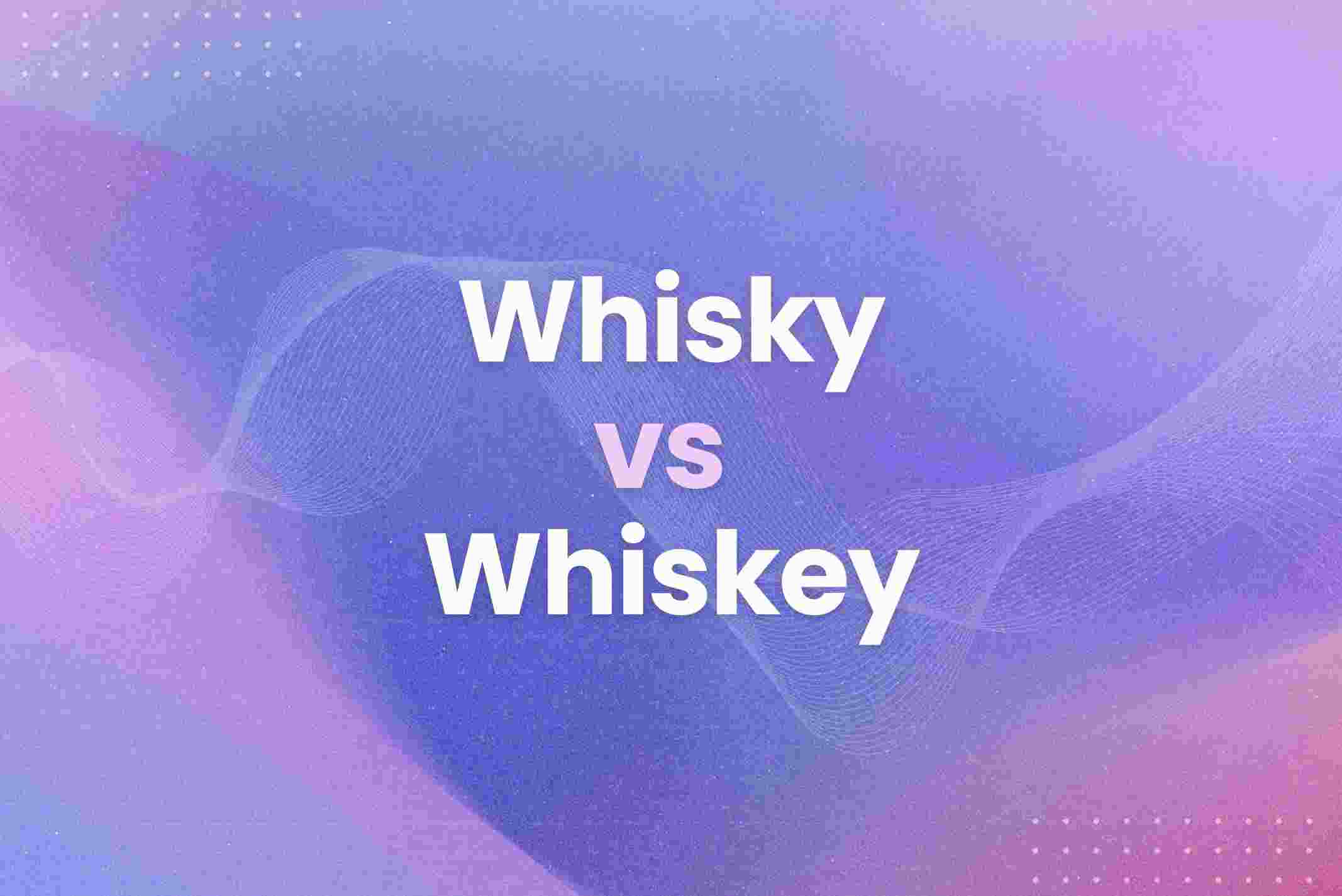It’s easy to get tripped up on words that sound the same. These tricky homophones can lead to embarrassing mistakes in your writing. Imagine praising someone’s complement of shoes when you meant to offer a compliment. This common error can undermine your credibility. Therefore, mastering the compliment vs complement difference is essential for clear communication. In short, this guide will clear up the confusion.
We’ll break down the meanings, usage, and provide memory tricks. In addition, we’ll look at real-world examples. Consequently, you’ll never mix these words up again.
Definitions of Compliment and Complement
Compliment (with an “i”) is most often a noun. It means an expression of praise, admiration, or approval. For instance, “She received many compliments on her presentation.” It can also be a verb. In this case, it means to express praise or admiration. For example, “I wanted to compliment her on her hard work.”
Complement (with an “e”) is also a noun. It means something that completes or enhances something else. For instance, “The wine is a perfect complement to the cheese.” It can also be a verb. Then, it means to complete or enhance. For example, “The red scarf complements her outfit.” In other words, it makes it better.
Here’s a simple breakdown:
- Compliment (i): Praise.
- Complement (e): Completes.
This is a key difference. Above all, remember this. It’s the foundation for using them correctly. As a result, you’ll avoid common mistakes.
How to Use Each Word Correctly
Now that we have the definitions, let’s look at usage. This is where things get practical. Firstly, let’s talk about using compliment.
Use compliment when you’re talking about praise. For example, “He gave her a nice compliment on her new haircut.” Similarly, you can use it as a verb. For instance, “I must compliment you on your excellent organization skills.” In short, if praise is involved, use the “i.”
Next, let’s discuss complement. Use complement when something completes or enhances something else. For example, “The right accessories can complement any outfit.” Likewise, you can use it as a verb. For instance, “The new software complements our existing systems perfectly.” In other words, it makes them better together.
Here are a few more examples for clarification:
- “Your hard work is a compliment to your dedication.” (Praise)
- “The blue walls complement the white trim.” (Completes)
Therefore, by understanding the context, you can choose the correct word. You’ll communicate more effectively. Also, you’ll avoid embarrassing errors.
Memory Tricks to Distinguish Between Them
Here are a few tricks to help you remember:
- Compliment (i): Think of “I” as in “I” like receiving praise. “I” receive a compliment. This links the “i” to the act of receiving something positive.
- Complement (e): Think of “complete.” Complement means to complete something. Both words start with “com” and share the concept of wholeness.
Another trick is to associate compliment with pleasant interactions. For instance, receiving a compliment makes you feel good. Therefore, link the “i” with positive feelings. On the other hand, complement is about things fitting together. For example, pieces of a puzzle complement each other.
Let’s look at a quick example. “Your shoes complement your dress.” Think: Do the shoes praise the dress? No. They complete it. Therefore, it’s complement.
These simple associations can make a big difference. Moreover, they’ll help you quickly recall the correct spelling. Consequently, you’ll avoid those pesky errors.
Arvin can help. It’s our AI browser extension. It checks grammar and spelling. Use it on any webpage. Arvin uses GPT-4. It gives accurate suggestions. Your writing will be top-notch. Unsure which word to use? Type your sentence into Arvin. It will flag errors.
Examples of Compliment vs Complement in Sentences
Now, let’s solidify your understanding with some examples. Seeing these words in context is essential. Firstly, we’ll look at compliment.
Here are some example sentences using compliment:
- “She received a lovely compliment on her artwork.”
- “I wanted to compliment him on his excellent presentation skills.”
- “It’s always nice to give someone a sincere compliment.”
- “He paid her a high compliment by asking her advice.”
Notice how each example involves praise or admiration. Therefore, the use of compliment is correct. Consequently, the meaning is clear.
Next, let’s examine complement. Here are some example sentences using complement:
- “The right accessories can complement any outfit.”
- “The wine perfectly complements the rich flavors of the cheese.”
- “His skills complement hers perfectly, making them a great team.”
- “A good night’s sleep complements a healthy diet.”
In these examples, complement indicates something that completes or enhances. Similarly, it shows how things work well together. In short, it’s about enhancing the overall effect.
Never Mix Them Up Again—Arvin’s Got Your Back
Mastering the difference is crucial for clear and effective communication. We’ve explored the definitions, usage, memory tricks, and real-world examples. Therefore, you’re now equipped to use these words correctly. As a result, you’ll avoid common errors and boost your credibility.
Here are the key takeaways on compliment vs complement:
- Compliment (i) means praise.
- Complement (e) means to complete or enhance.
- Use memory tricks like “I receive a compliment” and “complement completes.”
- Context is key to choosing the right word.
Now, you can confidently use these words in your writing. But what if you’re still unsure? Arvin, our AI-powered browser extension, can be your personal grammar guru. With its GPT-4 technology, Arvin can instantly check your writing on any webpage. For instance, flagging potential errors like confusing compliment vs complement.
So, whether you’re crafting an important email or a quick social media post. Arvin ensures your message is clear, concise, and error-free. Therefore, you can focus on your message, not the grammar.
FAQs
What is the difference between complement and compliment?
Compliment (with an “i”) means praise or admiration. For instance, “She received a compliment on her dress.” Complement (with an “e”) means something that completes or enhances something else. For example, “The wine complements the meal.” In short, one is about praise, and the other is about completion.
Is free food complimentary or complementary?
Free food is complimentary. The word complimentary (with an “a”) is an adjective derived from compliment. And it means given free of charge as a courtesy. Therefore, a complimentary breakfast is a free breakfast. This is different from complementary, which means enhancing or completing.
What is the difference between praise and compliment?
Praise is a broader term. It encompasses any expression of approval or admiration. A compliment is a specific type of praise. Usually, it’s a polite and formal remark about someone’s appearance, skills, or achievements. Therefore, all compliments are praise, but not all praise is a compliment.
Is it compliments or complements of the chef?
It’s compliments of the chef. This phrase means the chef is offering something as a gesture of goodwill or a free gift. Therefore, it’s a form of praise or a courteous offering. This makes compliments the correct word. You’ll often see this on menus indicating a free item provided by the chef.








